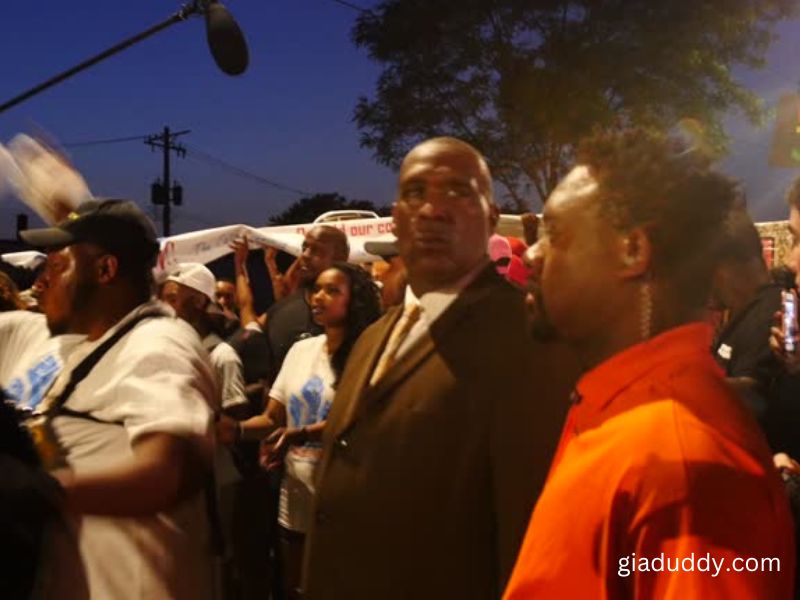The story surrounding Rishona Kaplan’s arrest in Broward County has captured attention due to its legal intricacies and public interest. This article delves into the details of the case, the process of her detainment, and its broader implications.
Background of Rishona Kaplan
Rishona Kaplan, a resident of Broward County, became the subject of public scrutiny following her recent arrest. Her involvement in this legal matter highlights significant aspects of the justice system and its processes in Broward County. While details about Kaplan’s background and life remain limited, her case has contributed to broader discussions about the county’s judicial practices.
The Arrest in Broward County
Kaplan was detained as part of a routine enforcement effort by local authorities. In Broward County, arrests involve a structured process beginning with detainment and proceeding to booking. The Broward Sheriff’s Office plays a crucial role in these procedures, ensuring that suspects are processed in compliance with legal standards.
Booking involves photographing, fingerprinting, and gathering personal details. In certain situations, such as with felony charges, DNA samples may also be collected. Once processed, individuals like Kaplan may be held in custody until they appear before a judge, which typically occurs within 24 hours of their arrest.
Legal Charges and Proceedings
The exact charges against Rishona Kaplan have not been disclosed publicly at the time of writing. Cases in Broward County often fall into various categories, such as misdemeanors or felonies, with the severity influencing the judicial approach. Kaplan’s legal representation and her statements during initial hearings will likely shape the progression of her case.
In Broward County, legal proceedings for individuals facing criminal charges include an arraignment, where the accused is formally informed of the charges, followed by pre-trial motions, hearings, and potentially a trial.
Implications of the Case
Kaplan’s arrest highlights the intricacies of Broward County’s justice system, which is designed to balance due process with public safety. Cases such as hers often spark discussions about the effectiveness of law enforcement and judicial transparency. The public’s interest in such cases emphasizes the importance of accessible legal processes and the role of media in covering judicial matters.
What’s Next for Rishona Kaplan?
The outcome of Rishona Kaplan’s case will depend on a variety of factors, including the specific charges, the strength of the evidence presented, and the legal strategies employed by both the prosecution and defense. If Kaplan’s case proceeds to trial, it could take months or even years to reach a conclusion, depending on the complexity of the charges and the judicial backlog.
Broward County Judicial System Overview
Broward County is known for its robust legal framework, managed by the 17th Judicial Circuit Court. The county’s legal processes are comprehensive, ensuring that defendants receive fair treatment while upholding the law. Kaplan’s case reflects these systems in action, illustrating the importance of legal representation and judicial discretion.
Broward County has a well-established process for managing arrest records, and the public can access a significant amount of information about legal cases, including charges and court dates. Court records for individuals like Kaplan may be available through the Broward County Clerk’s office, which provides a public case search tool. This transparency ensures that the public can follow ongoing legal proceedings and access updates as they happen.
Public and Media Reactions
The public’s reaction to Kaplan’s arrest has been mixed, with some expressing concerns about potential judicial overreach, while others underscore the importance of accountability. Media coverage has been instrumental in providing updates and fostering discussions about the legal and social aspects of her case.
Conclusion
The case of Rishona Kaplan in Broward County remains a focal point of legal and public discourse. As her situation unfolds, it offers a window into the workings of the justice system and the societal impact of high-profile arrests. Observers await further developments, which will undoubtedly shape the narrative surrounding this case.
By adhering to the principles of due process and transparency, the Broward County judicial system continues to address complex legal challenges while upholding public trust.


